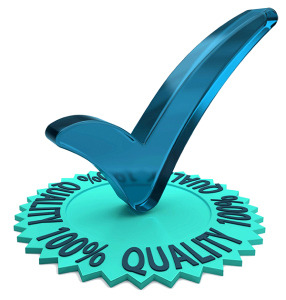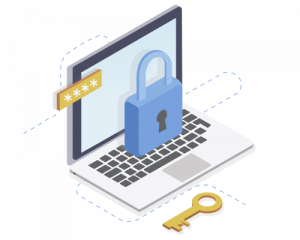Drug Product Labeling Translations
We provide highly accurate and timely drug product labeling translation services for pharmaceutical companies
Drug product labels, also known as prescription labels, contain information about the pharmaceutical product’s manufacturer, directions for use, dosage, expiration date, lot number or batch number, timing, and method of administration, making accurate drug product labeling translations essential to capturing this information clearly for consumers across the globe. Drug label translations not only require accuracy at the linguistic level but also where specifications for layout and informational criteria may vary by region, making it essential to work with a qualified language service provider able to organize your product labeling content in all of your global languages.
In general, there are two types of drug product labels: over-the-counter (OTC) labels – also known as Drug Facts – and prescription labels. Drug Facts are directly printed on the product itself and provide information about inactive ingredients, active ingredients and purpose, directions, uses, warnings, other information, and sometimes a questions or comments section. Unlike OTC labels, prescription drug labels are more complex and varied, and can contain information about the medication dosage, dosing schedules, the prescription’s identification, the date filled, and the prescribing doctor and pharmacist who filled the label. As demand for pharmaceutical products grows in overseas markets, all labels and information for OTC and prescription labels must be translated with extreme accuracy; failure to do so can lead to loss of market share, production delays, and negative brand image.
With a global network of 10,000+ in-country linguists and subject matter experts, CSOFT Health Sciences provides highly accurate and timely translations of OTC labels, prescription labels, auxiliary labels, drug study labels, pharmacy information sheets, package inserts, and medication guides to help life science companies compete in new markets with confidence.
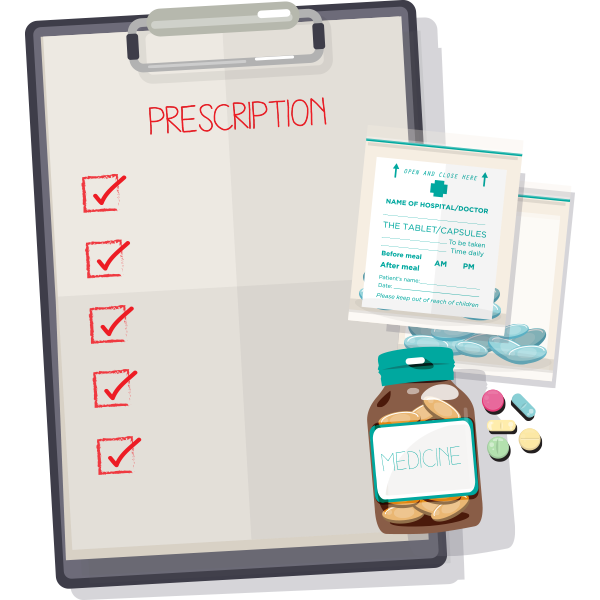
Package Label and Insert Translations
Drug labels provide users with important information on dosage, warnings, as well as active and inactive ingredients, but are often accompanied by additional inserts that likewise convey crucial information as required by law. Beyond the labels on the packaging itself, drug product labeling can also include documents like pharmacy information sheets, package inserts, and medication guides. These documents give patients vital information on black box warnings, contraindications, adverse interactions, and even uses in specific populations. Generally speaking, package inserts reflect mandates introduced by the US FDA, corresponding to the EU market’s required Summary of Product Characteristics.
As research is increasingly being conducted into the impacts of drugs on diverse populations, providing accurate package label and insert translations are not only vital for gaining market access but also for informing different groups that have limited English proficiency (LEP) so they can be more empowered to make the right choices about their health. Our subject matter experts (SMEs) accurately and quickly translate (OTC) and prescription labels, auxiliary labels, and documentation such as pharmacy information sheets, medication guides, and package inserts in more than 250 languages.
Learn more about package label and insert translations.
Drug Study Label Translations
In pharmaceutical clinical trials, drug study labels are used to give trial sponsors, patients, and doctors the medicine’s unique subject identifiers, expiration date, potency, batch number, expiration date, and storage requirements. In addition, the drug trial label clearly describes the clinical trial participant, the study associated with the drug, and the drug itself, adding additional criteria that your translation provider needs to be adept in distinguishing relative to standard drug product label translations. Before the trial can begin, clinical trial drug labels must receive approval from the relevant regulatory body, must be translated into the country’s official language, and must be permanently fastened to either the immediate packaging or outer packaging.
As the demand for pharmaceutical products grows worldwide, more and more clinical trials are being conducted in countries where English is not the primary language. Failure to provide accurate translations of drug study labels can lead to regulatory delays, loss of market access, wasted resources and money, as well as potentially endanger patient lives. CSOFT Health Sciences provides highly accurate and timely translations for drug study labels to ensure that life science companies maintain regulatory compliance and receive the best ROI.
Learn more about CSOFT’s full range of clinical trial translations.
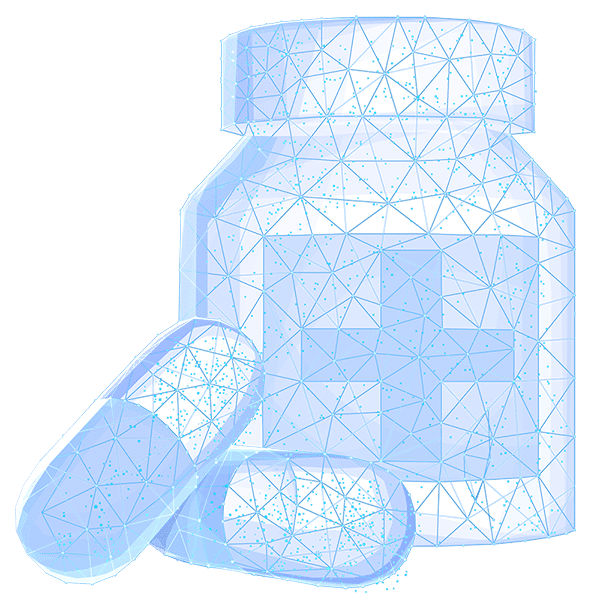
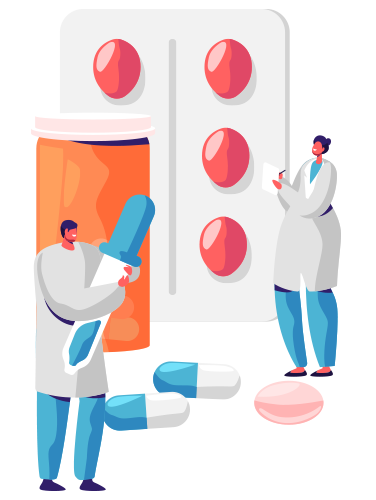
Pharmaceutical Product Dossier Translations
Before drug products are ready to undergo labeling translations, manufacturers must fulfill a range of documentation requirements demonstrating the viability of the product to be distributed. Along the way to successfully gaining marketing authorization for a new pharmaceutical product, companies are required to submit a dossier that contains crucial drug safety information, details on product development, clinical trial documents, and drug product labels. Depending on where the new product will be brought to market, regulatory agencies have strict language requirements for all the documentation compiled within a dossier, which makes accurate and efficient translations of dossier content essential for pharmaceutical companies. From Summary of Product Characteristics (SmPC) translations and Chemical, Manufacturing and Control (CMC) documents translations to phase 0-IV clinical trial document translations, CSOFT Health Sciences offers a full range of translations for all types of documents required for dossiers and necessary for safely bringing a new product to market.
Learn more about our dossier translations.
Quality Assurance
CSOFT Health Sciences has developed a process for quality assurance to ensure that every medical translation project meets quality standards in a cost-effective and timely manner. We are certified in ISO 17100:2015, ISO 9001:2015, and ISO 13485:2016 to ensure our customized solutions meet global regulatory requirements. Our subject matter expert linguists have at least seven years of experience and work with in-country reviewers and project style guides to meet industry standards. CSOFT offers an online translation management ecosystem for one central location to leverage real-time translation memory and terminology management through our innovative cloud-based technology. Every step of the way, CSOFT has you covered.
Learn more about our quality assurance process.
Data Security
With over 20 years of experience in medical translation, CSOFT Health Sciences understands the importance of data security to our clients, and we take nothing for granted when confidentiality is a concern. Our well-documented and fully traceable information data security policies, checklists, and quality records leverage the best practices of ISO 27001. They are designed to protect everything from source data to translations. From our 24/7/365 data monitoring and advanced encryption to our access control measures, you can be sure that your project data is safe from start to finish.
Learn more about how CSOFT prioritizes data security.
